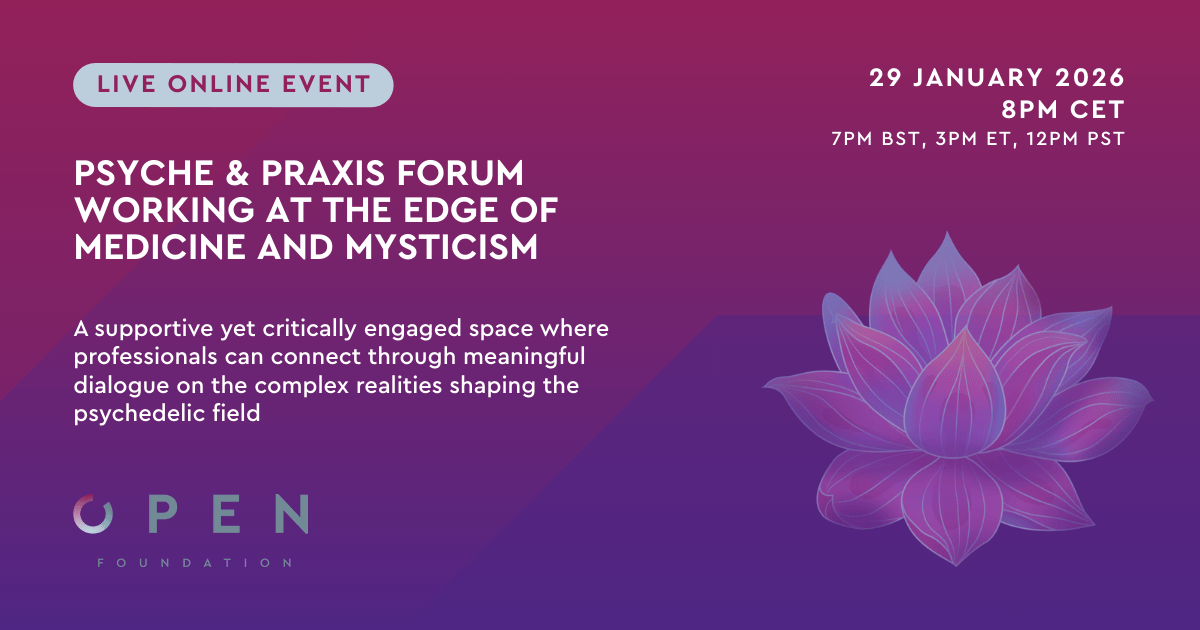Abstract
Ayahuasca is a psychoactive beverage used for magico-religious purposes in the Amazon. Recently, Brazilian syncretic churches have helped spread the ritual use of ayahuasca abroad. This trend has raised concerns that regular use of this N,N-dimethyltryptamine-containing tea may lead to the medical and psychosocial problems typically associated with drugs of abuse. Here we assess potential drug abuse-related problems in regular ayahuasca users. Addiction severity was assessed using the Addiction Severity Index (ASI), and history of alcohol and illicit drug use was recorded. In Study 1, jungle-based ayahuasca users (n=56) were compared vs. rural controls (n=56). In Study 2, urban-based ayahuasca users (n=71) were compared vs. urban controls (n=59). Follow-up studies were conducted 1 year later. In both studies, ayahuasca users showed significantly lower scores than controls on the ASI Alcohol Use, and Psychiatric Status subscales. The jungle-based ayahuasca users showed a significantly higher frequency of previous illicit drug use but this had ceased at the time of examination, except for cannabis. At follow-up, abstinence from illicit drug use was maintained in both groups except for cannabis in Study 1. However, differences on ASI scores were still significant in the jungle-based group but not in the urban group. Despite continuing ayahuasca use, a time-dependent worsening was only observed in one subscale (Family/Social relationships) in Study 2. Overall, the ritual use of ayahuasca, as assessed with the ASI in currently active users, does not appear to be associated with the deleterious psychosocial effects typically caused by other drugs of abuse.
Fábregas, J. M., González, D., Fondevila, S., Cutchet, M., Fernández, X., Barbosa, P. C., Riba, J., … Bouso J. C. (2010). Assessment of addiction severity among ritual users of ayahuasca. Drug and Alcohol Dependence, 111(3), 257–261. http://dx.doi.org/10.1016/j.drugalcdep.2010.03.024
Link to full text











